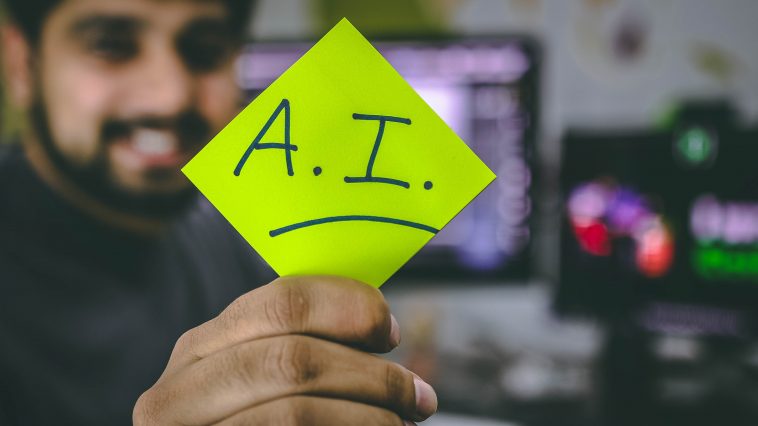Regulators around the globe are racing to establish rules for governing the artificial intelligence (AI) sector. The imminent possibility of computers achieving human-level intelligence has posed a significant regulatory challenge for many governments. Despite this, proponents of AI caution that excessive regulation could stifle innovation and diminish its potential benefits.
The rapid pace of AI advancements has left regulators struggling to develop appropriate frameworks for the industry. The European Union (EU) has taken the lead by drafting a treaty aimed at ensuring AI is ethical and trustworthy. This treaty outlines global standards for responsible AI development and deployment, setting a precedent that will likely influence other regulatory frameworks worldwide.
Amid this swift technological evolution, Africa’s role remains uncertain. Early in 2024, there was significant anticipation that many countries on the continent would enact AI regulations. However, halfway through the year, progress has been minimal. This lack of development may explain the absence of an African perspective in the creation of the EU AI Treaty.
The treaty was drafted with contributions from countries outside the EU, including the US, Argentina, Israel, Japan, and Uruguay. While non-EU members are invited to sign the legally binding agreement, the absence of an African participant could mean it lacks local perspectives. All signatories to the treaty, which will be ratified on September 5, 2024, must ensure responsibility and accountability for the impacts AI has on human rights.
The exclusion of Africa in the development of the treaty presents challenges for a continent rich in innovation. Without Africa’s involvement, the new treaty risks exacerbating the data dependency that has historically plagued the continent in technological advancements. Much of the current AI development relies on foreign technology and data stored outside the continent. With Africa not participating in the treaty process, it is unlikely that companies involved in AI development would consider establishing a presence on the continent. This raises a serious concern, as algorithms trained on non-African datasets may perpetuate existing racial biases, resulting in unfair outcomes.
The lack of diversity in datasets raises significant ethical challenges that could impede the adoption of AI on the continent. AI has been hailed as a technology that can bridge existing societal gaps, such as increasing financial inclusion among marginalized groups. However, without proper safeguards, biased data used to develop AI algorithms could disproportionately affect African populations and other minority groups. For example, a surveillance algorithm developed without diverse data could inaccurately target certain communities.
Many African countries still lack comprehensive AI regulation. The Malabo Convention, ratified by the African Union (AU) in 2023, guides AI policy on the continent, but it is not sufficient. Only Mauritius and Egypt have formulated AI laws, while South Africa, Nigeria, and Kenya have initiated plans to create regulatory frameworks. There is a risk that the AI regulatory gap in Africa will widen if the continent does not engage equally with other countries. This exposes most African states to unregulated AI developments that could have negative economic and social impacts.
Despite being excluded from negotiations over the future of AI, Africa still has a role to play in shaping the treaty. The treaty advocates for international cooperation, and with over 1.4 billion people, African states push for inclusive discussions to ensure local perspectives are considered. By participating in global AI forums held by the United Nations (UN) and the OECD’s Global Partnership on Artificial Intelligence (GPAI), the continent can reclaim the position it has been denied at the table.
African nations have the potential to collaborate and establish a regional framework, drawing lessons from the EU AI Treaty. This collaborative approach could foster a unified voice in the AI discourse and ensure that regulations are tailored to local needs. Regional economic blocs such as the East African Community (EAC) or the Economic Community of West Africa (ECOWAS) could consider developing regional frameworks. For instance, it would be more sensible for Kenya to develop AI regulations within the context of the EAC, which is advocating for further regional integrations, including a monetary union.
The EU AI Treaty represents the initial step towards establishing a global ethical AI standard. While Africa has a long way to go, there are some promising initiatives demonstrating a commitment to responsible AI development. For example, Mauritius has developed a national AI policy that places human beings at its core, emphasizing fairness, transparency, and accountability to ensure the technology benefits everyone. Similarly, Nigeria and Kenya are in the process of developing their own AI policies. The African Institute for Data Science (AIDS), a pan-African organization, is promoting responsible data practices and has programs designed to help African states build capacity for AI.





